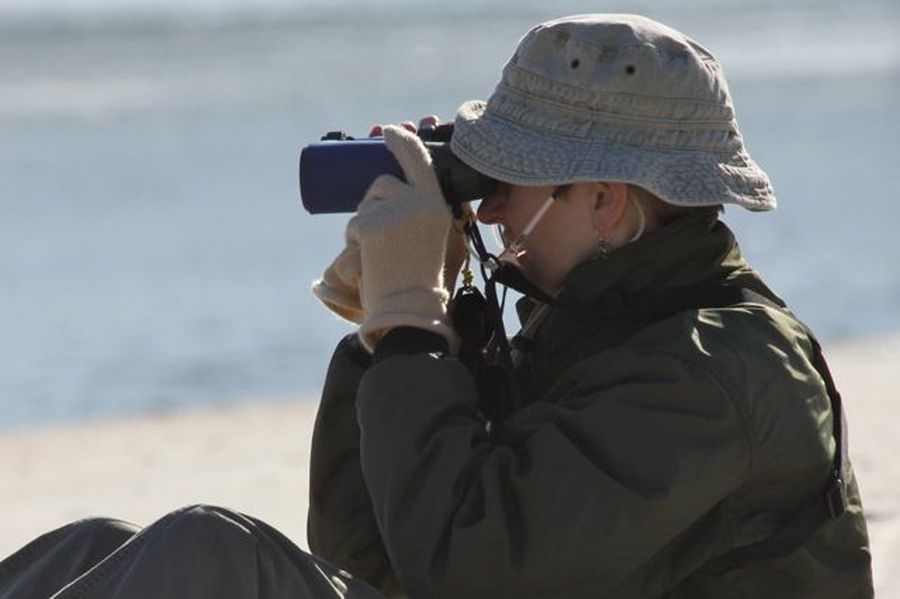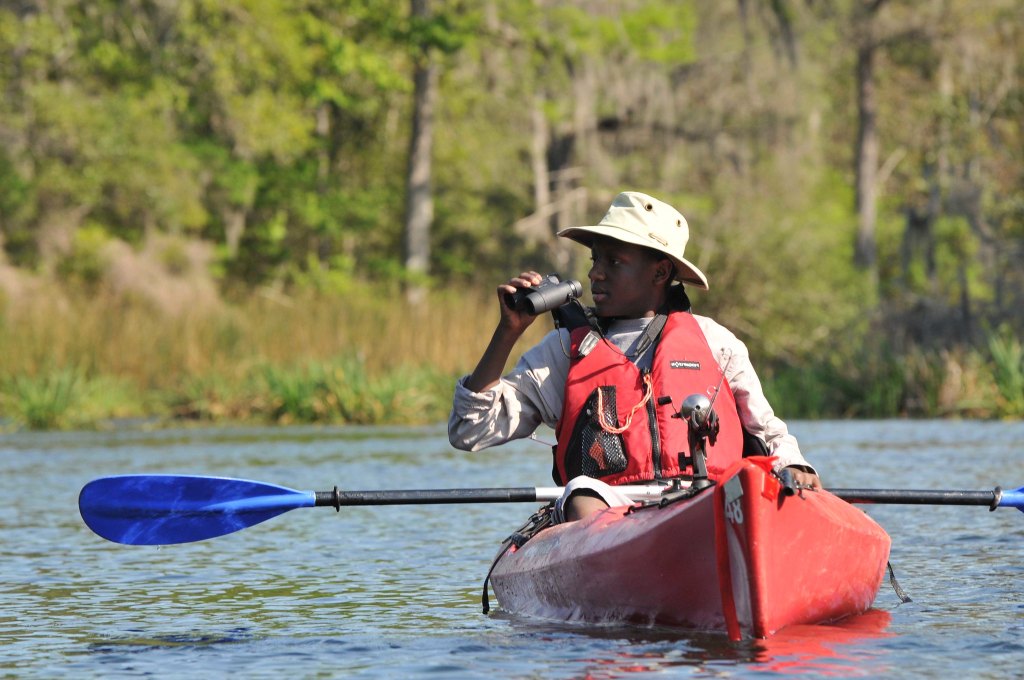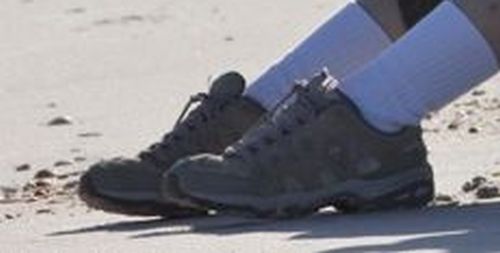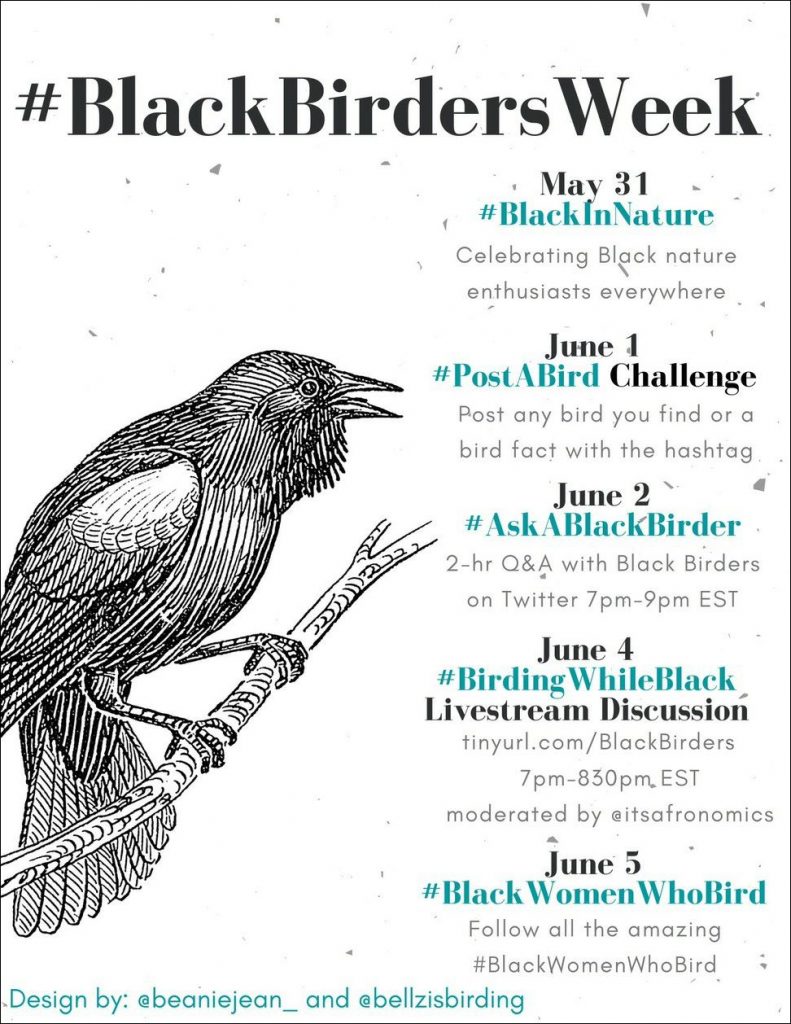
3 June 2020
Have you ever felt threatened by humans while birding in a public place? It shouldn’t happen and it rarely does to most of us. I can count the few incidents I’ve experienced on one hand.
During Pennsylvania’s Second Breeding Bird Atlas, 2004-2009, I surveyed an under-reported block in Somerset County, walking the edge of a public road. I listened for birdsong and scanned the adjacent open field with my binoculars. I was startled when a resident from the other side of the road started up her car and began following me slowly, creeping behind me at my walking pace. She pulled alongside, drove next to me, and stared hard. She never spoke. Her threat was clear. I left immediately and I never went back.
That incident 15 years ago was one of the few times I felt threatened by humans while birding. I take my own safety for granted but some people cannot. This week I’m learning what it’s like to go birding in someone else’s shoes.

On Memorial Day in Central Park a white woman, Amy Cooper, called the cops on black birder Christian Cooper (no relation) when he asked her to put her dog on a leash. That incident, and many others, became the catalyst for #BlackBirdersWeek organised by #BlackAFinSTEM May 31 to June 5, 2020.
The event aims to increase visibility of Black birders, who face challenges and dangers that non-Black people do not experience when recreating or conducting fieldwork in the outdoors.
To many Americans, wilderness represents freedom and a space that should be open to all. In reality, it is not. Black Birders Week is a way for Black birders, who may have not seen another Black birder, to join together and encourage more participation and diversity in outdoor spaces.
— Forbes, Magazine, Opening the Outdoors: Inaugural Black Birders Week.
It’s already Wednesday (sorry I’m late reporting this!) but there’s more coming up this week.
As @Ologies said on Twitter: “If this initiative has opened your eyes to how our Black friends feel unsafe in outdoor areas, how that impacts the fieldwork they do, the careers they choose: tweet about it. Follow them. Cheer them on.” It’s #BlackBirdersWeek.

This is the week we go birding in someone else’s shoes.
p.s. Here’s the story of a black birdwatcher who created signs to explain his presence after so many people called the police on him: https://www.washingtonpost.com/science/2020/06/05/people-called-police-this-black-birdwatcher-so-many-times-that-he-posted-custom-signs-explain-his-hobby/
(photos by Chuck Tague and Florida Fish and Wildlife on Flickr Creative Commons license, #BlackBirdersWeek schedule via #BlackAFinSTEM)

Thanks Kate. A shared story such as yours really shows how dysfunctional our society has become. What threat do birding binoculars pose? Very puzzling.
I was accused twice by a black woman of spying on her because I was using binoculars and facing towards her residence. Some people are self centered and think everything is about them.
There are deep reasons why a black woman would respond that way that we, as whites, are likely to misunderstand. We have never walked in her shoes.